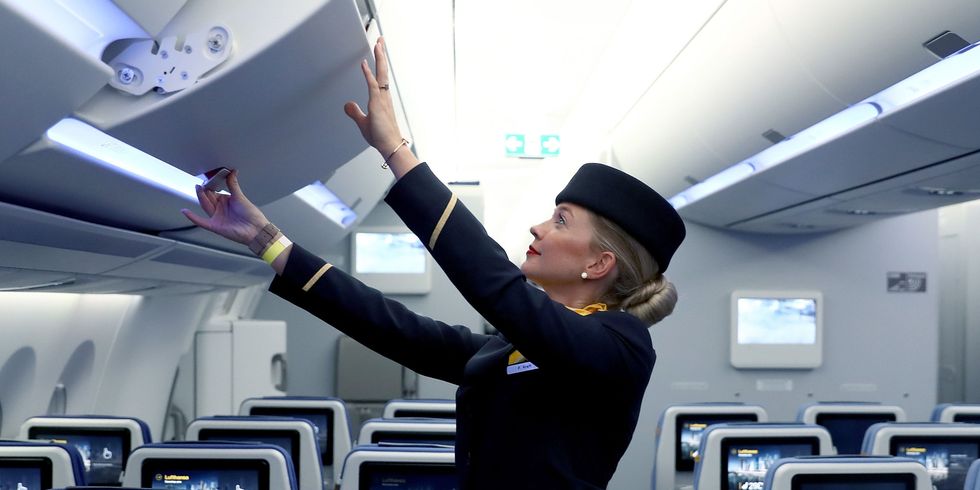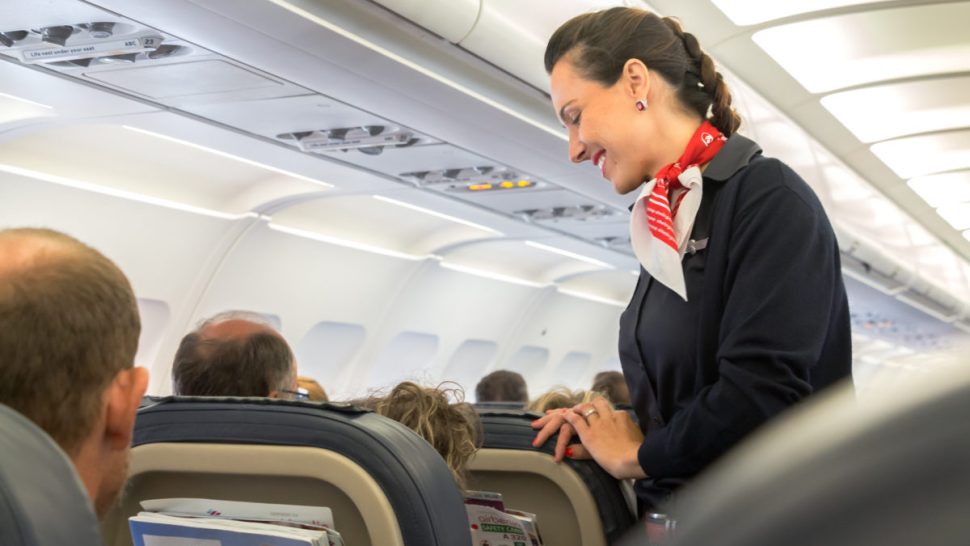In accordance with a 2018 directive from Congress, the U.S. Federal Aviation Administration (FAA) on Tuesday approved new regulations requiring airline flight attendant to get at least 10 hours of rest in between shifts.

The rule was initially proposed by the FAA in October 2021. Currently, flight attendants are required to obtain at least nine hours of rest, although under some conditions, they may only get eight hours.
The rule’s finalisation took “way too long,” according to acting FAA Administrator Billy Nolen, who has been in his position since April 1. He made this statement at a news conference at Washington National Airport. They require the same amount of rest as pilots, said Nolen.
“A safety loophole we had to eliminate. The rule was put on a regulatory road to destroy this during the presidency of Donald Trump.”
According to Sara Nelson, president of the Association of Flight Attendants
Despite the 2018 congressional instruction, the FAA under Trump published an advanced notice of proposed rulemaking but never actually proposed new rules.
Once the rule is in force, airlines will have 90 days to comply. According to the FAA, airlines will need to spend nearly $117 million a year on the hiring of 565 more flight attendants.
“Having rested and alert flight attendants is essential for aviation safety,” according to Airlines for America, a trade group that represents major airlines like American Airlines (AAL.O), Delta Air Lines (DAL.N), and United Airlines. Airlines also added airlines back “scientifically validated and data-driven countermeasures to prevent fatigue.”
“Flight attendants perform vital safety functions on behalf of the flying public and have long earned the same break intervals provided to pilots”
According to Maria Cantwell, chair of the Senate Commerce Committee
The majority of airlines in the United States do provide ten hours of rest for flight attendants, although the present regulations allow for fewer.
The 10-hour break requirement will be enforced by Delta by February 2020, according to a statement made after the FAA published a preliminary notice of the anticipated requirements in 2019.

Delta said in a statement that it was “pleased to learn that the new guideline will apply throughout the industry and ensure that flight crews at other airlines receive the rest they need to keep our skies safe.”
Also read:
Boeing does not expect the FAA to approve the Max 10 before summer 2023
Follow us on Google News for latest Aviation Updates
Join us on Telegram group
Stay tuned…

